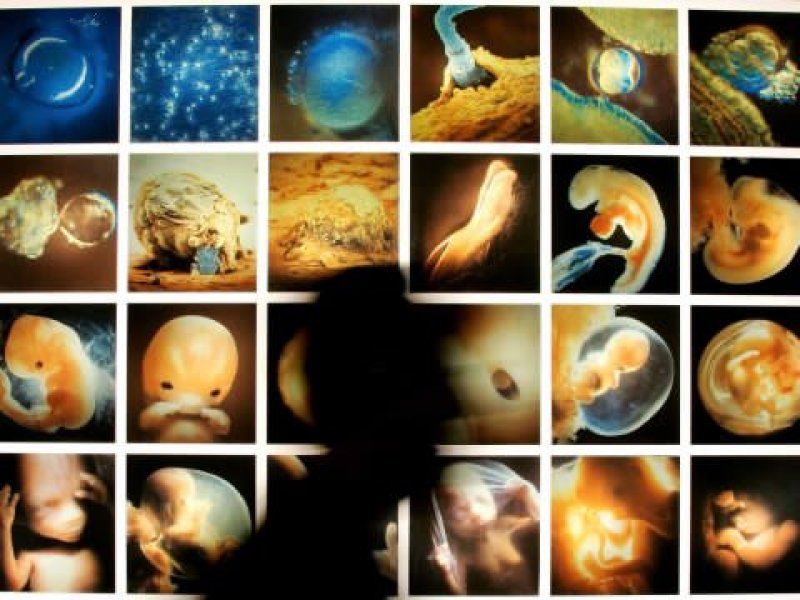In March, a group of US scientists requested scientists around the world to not genetically modify human embryos. They argue that the technology is not ready yet, but, less than a month later, a group of researchers in China did just that.
The technology in question – referred to as CRISPR – can be used to make genetic modifications with greater precision than ever before. It works like a biological find-and-replace tool: you can program the system to seek out a certain genetic sequence in a cell, and then replace it with another sequence.
The Chinese scientists were trying to fix the faulty genes in embryos that are known to cause the blood disorder thalassaemia. They justified their experiments by saying that they used abnormal embryos that were going to be discarded anyway. But there is a worry that not all scientists in China will stop there – and some may experiment with viable embryos.
“I don’t think China wants to take a moratorium. People are saying they can’t stop the train of mainland Chinese genetics because it’s going too fast,” Huso Yi, the director of research at the Chinese University of Hong Kong Center for Bioethics told the New York Times.
The GLP aggregated and excerpted this blog/article to reflect the diversity of news, opinion and analysis. Read full, original post: Why China won’t listen to Western scientists about genetically modifying the human embryo































